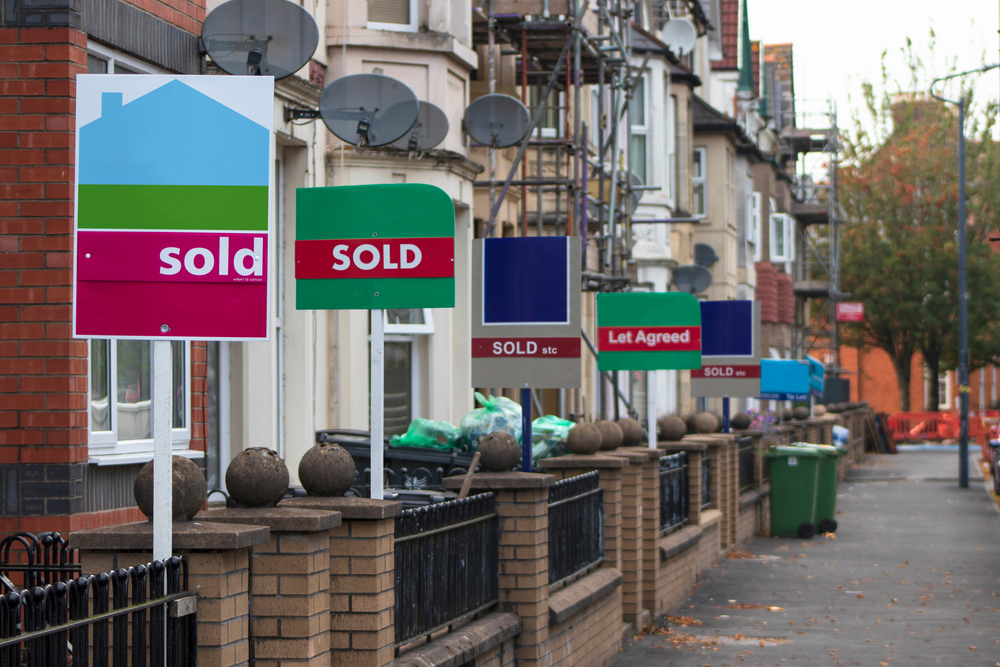Buy To Let
Average house prices breach £250,000

Guest Author:
Anna SagarAverage house prices in the UK increased by 0.7% from September to October and breached £250,000.
According to Nationwide’s latest house price index, which goes back to 1952, the average price of a house in the UK now stands at £250,311, which is an increase of £30,728 since the pandemic started in March last year.
It is the first time the measure has recorded average prices in excess of £250,000.
It continued that annual house price growth in October remained elevated at 9.9%. This compares to a 10% month-on-month change in September and is the first time since April that month-on-month change has been in single digits.
Nationwide’s chief economist Robert Gardner said demand for homes had remained strong despite the expiry of the stamp duty holiday in September.
He pointed to the fact that mortgage applications in September came to 72,645, which is 10% above the monthly average in 2019. He said strong application activity combined with lack of homes explained the robust price growth.

Why Life Insurance Still Matters – Even During a Cost-of-Living Crisis
Sponsored by Post Office
Gardner said: “The outlook remains extremely uncertain. If the labour market remains resilient, conditions may stay fairly buoyant in the coming months – especially as the market continues to have momentum and there is scope for ongoing shifts in housing preferences as a result of the pandemic to continue to support activity.
“However, a number of factors suggest the pace of activity may slow. It is still unclear how the wider economy will respond to the withdrawal of government support measures. Consumer confidence has weakened in recent months, partly as a result of a sharp increase in the cost of living.”
Impact of interest rates
Gardner added that even if wider economic conditions did improve then rising interest rates may “exert a cooling influence on the market” though the impact on borrowers would be “modest” as most new mortgages had been extended on fixed interest rates.
He said investors expected the Bank of England to increase interest rates from their current low of 0.1% before the end of the year to 0.25% or 0.5%, and added it could possibly reach 1% within a year.
Gardner said the number of outstanding mortgages on variable rates which would see an increase in payments if the base rate rises, had reached its lowest level on record at close to 20%. This is down from around 70% in 2001 and circa 60% in 2011.
Mark Harris, chief executive of mortgage broker SPF Private Clients, said all eyes were on the Monetary Policy Committee, who will be making a decision on interest rates tomorrow.
He said: “The markets have already factored in at least one modest base rate rise, and a couple more by the end of 2022, with lenders raising their cheapest mortgage rates accordingly. Even if there isn’t a base rate rise this month, it is only a matter of time but with most borrowers on fixed rates, the immediate impact should be minimal.”
Housing market outlook
Whilst the interest rate will have an impact on the market most were optimistic about the outlook for the housing market.
Tomer Aboody, director of property lender MT Finance, said: “With the strongest housing market ever recorded and average prices hitting over £250,000, a slowdown doesn’t seem to be on the cards just yet. With interest rates still at their lowest level on record and employment robust, demand and affordability remain strong.
“As we head towards a less stable position with an imminent interest rate rise, just as government support comes to an end, surely there will be a shift. This rate of growth simply can’t go on forever.”